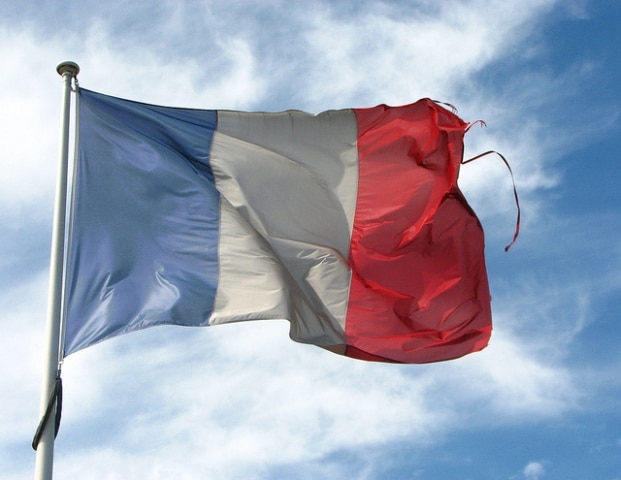
Eighteen months after France implemented one of the world’s first working three-strikes anti-piracy systems, the agency says it has succeeded in reducing illegal downloading of content through P2P services.
Between its October 2010 launch and December 2011, Hadopi, the body charged by government with overseeing the scheme, sent first written warnings to 755,015 ISP subscribers. Upon receipt, 95 percent did not require a second warning, ie. they stopped, according to a data report published by Hadopi.
Did that have an impact on actual P2P traffic? Hadopi has published data obtained from four traffic research agencies that vary wildly, but all suggest a dip in P2P use.
- Nielsen, for IFPI, reports French P2P use is 17 percent down.
- Médiamétrie//NetRatings says it is 29 percent down.
- Peer Media Technologies says illegal P2P use has fallen 43 percent.
- ALPA says it has fallen by 66 percent.
But the data presented by Hadopi is partial only to the period for which Hadopi has been operating. Looking back farther, it is clear that global P2P use had been declining for some years before Hadopi was established.
That is likely because many old-guard P2P services have been shut by courts and because P2P users were switching to download websites like Megaupload. Has Hadopi merely claimed this trend as its own victory?
In the wake of P2P’s fall, Hadopi claims: “There is no indication that there has been a massive transfer in forms of use to streaming technologies or direct downloads.”
But Megaupload was shut in January. Earlier in March, Hadopi was forthcoming enough to publish Médiamétrie//NetRatings data that showed a subsequent 25.7 percent traffic increase to legal VOD and catch-up TV websites in France.
Can Hadopi have it both ways? It is claiming Megaupload’s closure has resulted in more users going to legal services but not to illegal alternatives.
Hadopi says its systems will start accounting for non-P2P channels like direct download from this Q2.
- When Sweden implemented IPRED, a law allowing rights holders to unmask alleged file sharers, in 2009, P2P traffic quickly fell by 40 percent, but bounced back within six months.
- New Zealand saw a slight dip in P2P traffic within a week of implementing three-strikes measures in late 2011, Billboard reported.
- The UK is in the process of implementing a written-warning scheme that will stop short of wielding technical measures like disconnections and legal action until communications regulator Ofcom can assess whether letter-writing and legal service adoption can reduce piracy.
Hadopi is currently preparing prosecution cases against those alleged offenders whose behaviour did not change after a third warning.